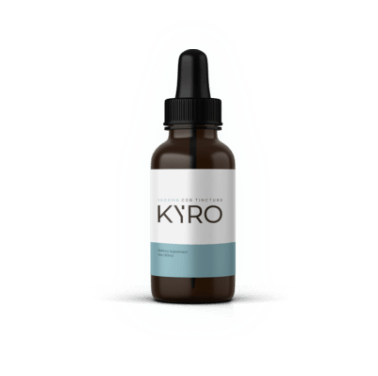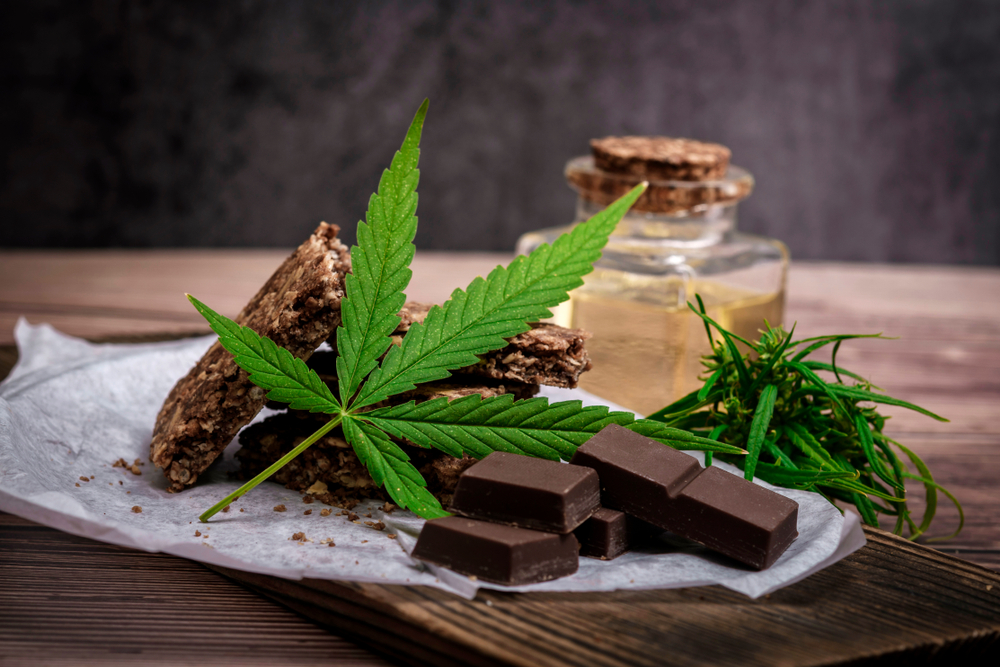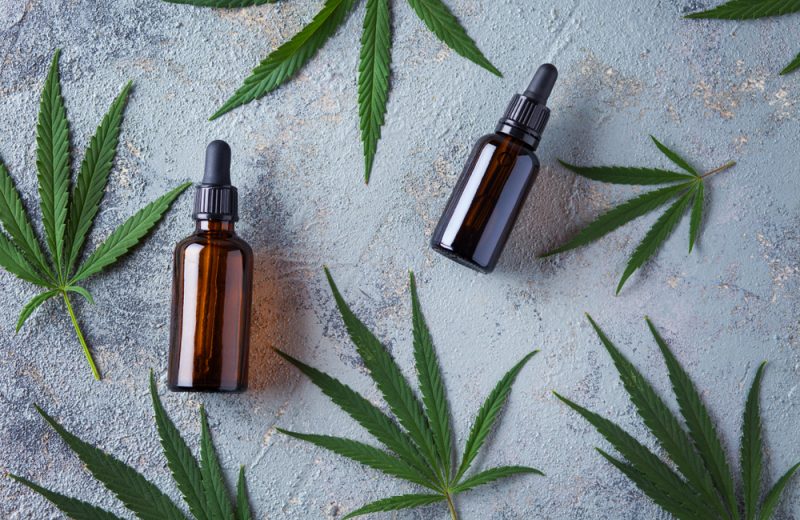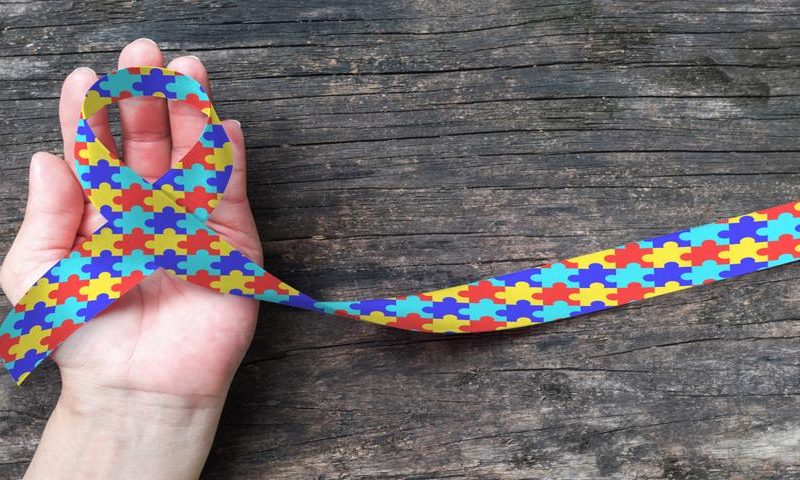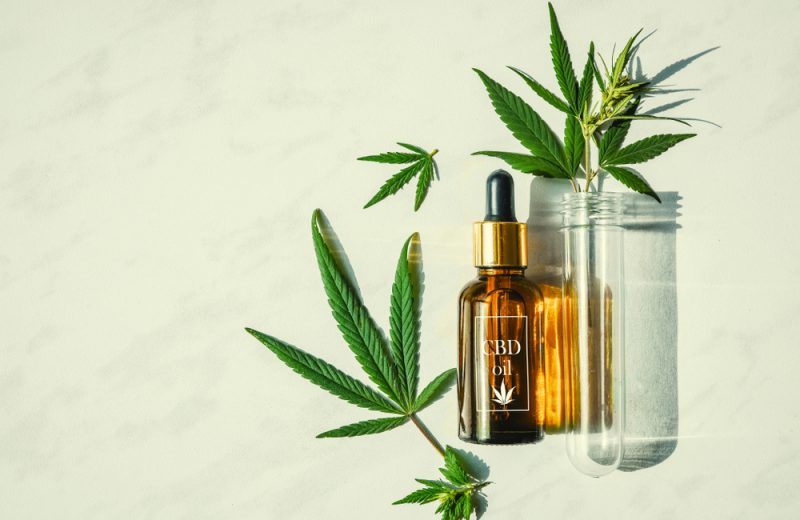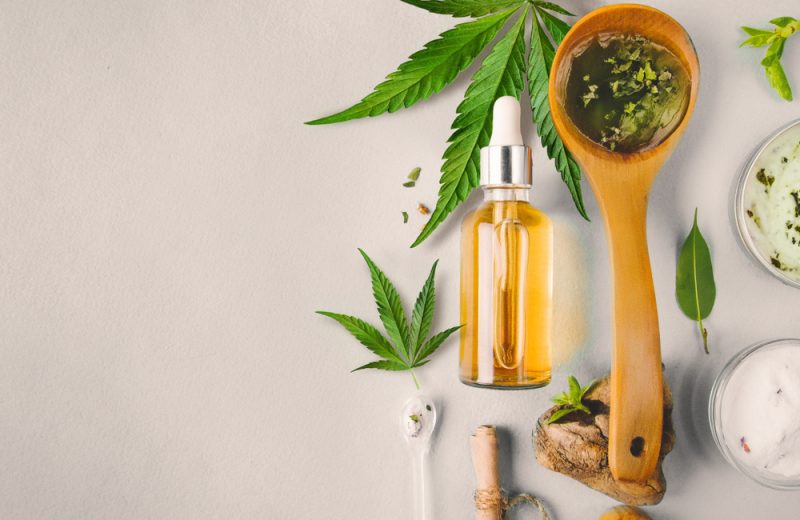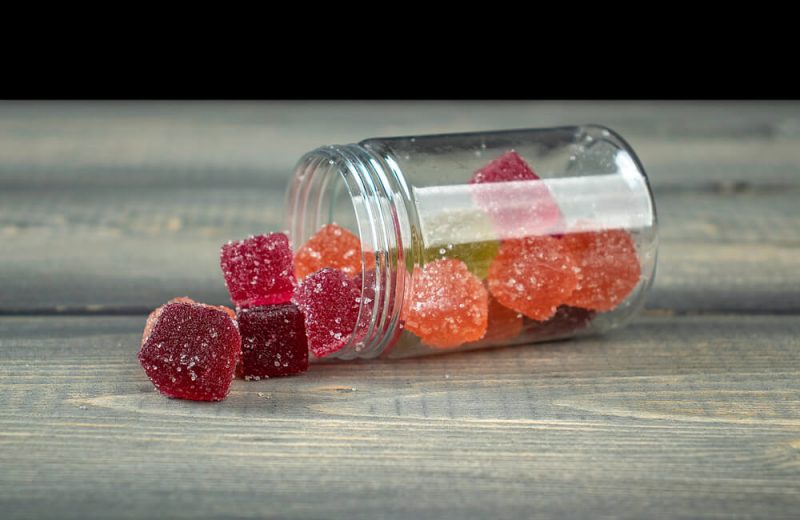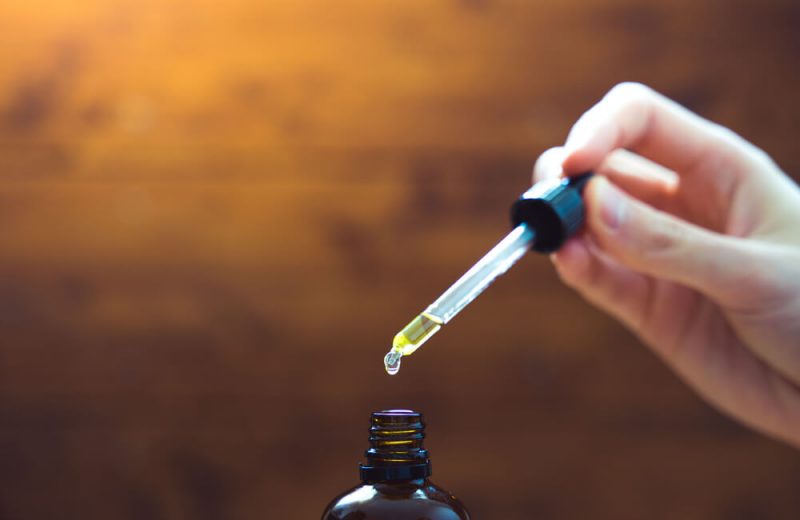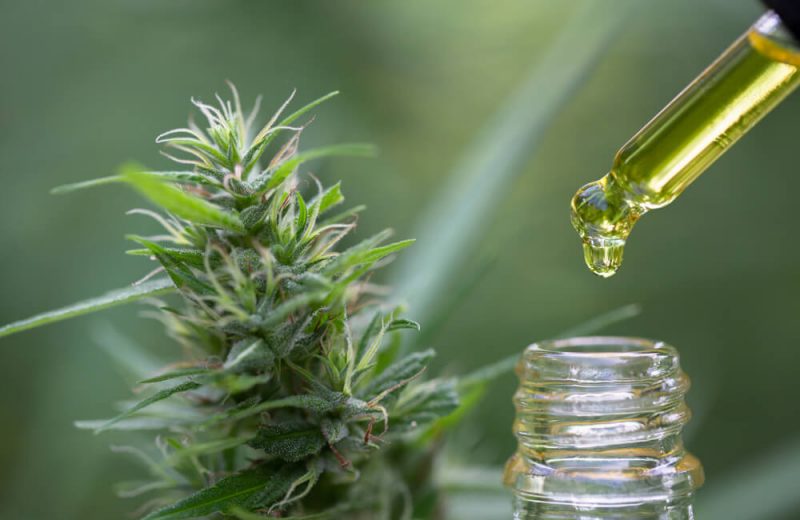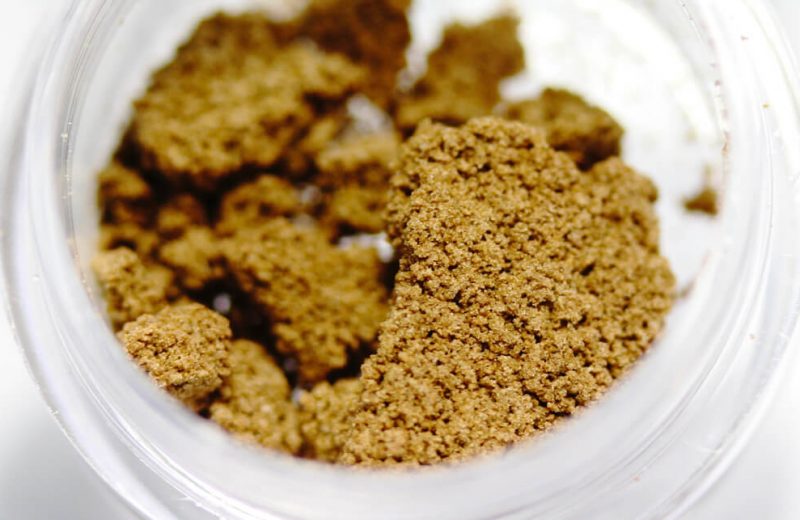The global CBD market was valued at $3,088.51 million in 2018 and is estimated to grow to a huge $2,207,162.54 million by 2026–a compound annual growth rate of around 125%. The industry’s growing extremely rapidly and CBD can now be found in everything from creams and face masks to oral tinctures and bath oils.
FDA product guidelines, however, are in contrastingly scarce supply, the association even going as far as to admit that a plethora of unanswered questions surrounds the possible toxicity of this hemp-derived substance. It’s going to take its time proclaiming CBD a safe food additive as a result.
Meanwhile, one thing is abundantly clear: adding CBD to food is illegal, and the FDA maintains that there is a lack of scientific information on the effects of consuming CBD products. In November, the FDA warned 15 companies about their CBD ingestible products. Some were adding CBD to food, while others were selling CBD dietary supplements, also a big no-no in the eyes of the FDA.
The problem (or advantage, if you ask CBD fans) is that many CBD companies out there simply do not pay attention to the FDA’s rules. CBD companies across the world are currently selling just about everything from CBD jelly beans to smoothie kits.
The truth is that many business owners have simply bitten their tongues up until now, releasing food products regardless. It’s been a case of hoping that they didn’t get caught and if they did, trusting that they’d only receive a warning letter to change their modes of operation.
That was only the case before the FDA’s crackdown in November.
Koi CBD’s chief executive, Brad Ridenour, told The Washington Post about his shock at receiving a letter from the FDA. Ridenour said: “It came out of the blue. We were just at a CBD show last week, and there were hundreds of similar products and websites”.
Companies are now getting increasingly frustrated at the FDA’s slow approach to CBD. Even big brand names like Ben & Jerry’s are said to have CBD products in the making and are waiting for the go-ahead.
Ridenour added: “They keep telling us they’re going to come out with guidance, and they don’t.
“They just tell us what not to do. We’re ready to comply with anything they throw at us.”
Heading into 2020, however, more and more CBD companies seem to be starting to follow the rules, starting at grass-roots levels. Our list of the best CBD oils to buy this year, as one example, is made up of great, reliable companies all selling products with the wellness of the customer at heart.
It really is no surprise that consumers are wanting more from their products. Since the passing of the Farm Bill back in 2018, CBD’s popularity has surged, and customers are looking for ways to discreetly take it both at home and at work, penalty-free.
Studies have pointed toward over 50 benefits of CBD, including its ability to clear acne, relieve stress, cure pain and help those with sleep disorders, so CBD consumers naturally find it hard to accept that ingesting it–in foods or otherwise–could be harmful.
In a statement released in the same week as the warnings, however, the FDA’s principal deputy commissioner Amy Abernethy said: “As we work quickly to further clarify our regulatory approach for products containing cannabis and cannabis-derived compounds like CBD, we’ll continue to monitor the marketplace and take action as needed against companies that violate the law.
“We remain concerned that some people wrongly think that the myriad of CBD products on the market, many of which are illegal, have been evaluated by the FDA and determined to be safe, or that trying CBD ‘can’t hurt.’ ”
Some have backed the FDA’s recent moves. The Center for Science in the Public Interest applauded the association, adding that more research is needed on the health benefits for both animals and pets. While CBD is thought to calm anxious pets, it remains illegal for vets to discuss the compound with owners and knowingly allow them to administer it to their furry friends.
While scientists wait for further research, the world refuses to slow in its search for the very best CBD food products. Millions of cannabidiol users are reaching out for CBD food and drink products every day, while manufacturers try their best to stay for the ride without being hit by an avalanche of action lawsuits against inadvertent wrongdoers.
Both federal and state regulators are currently considering further action over those selling CBD food following the FDA’s recent statements, and even private-party plaintiffs are ready to take action.
It’s clear that even if the FDA remains quiet over the space of 2020, individual states are no longer afraid to take action against food product vendors; city officials in NYC recently ordered at least five eateries to stop the sale of CBD food, quoting fines ranging from $200 to $650, while Maryland has declared it illegal to sell CBD foodstuffs and created its own regulatory patchwork.
In terms of global consumer trends, ‘CBD’ now receives 6.4 million unique searches every month, more than any other alternative therapy out there. Labeled as ‘this generation’s snake oil’, millions of consumers now ingest CBD without really knowing the effects it could have on the body.
It’s now emerged that for every two searches on dieting in America, one is made regarding CBD. This is all a huge change from just three years ago, when pretty much no one knew what CBD was.
And now, of course, the FDA also has to contend with the fact that some states are legalizing the recreational use of cannabis. Eleven states, the most recent of which was Illinois, have all legalized the sale of pot products–including edibles–for residents to take in the private space of their own homes. Many have, of course, been left wondering why cannabis edibles are allowed, yet the CBD equivalent is not.
For now, the FDA seems to be silently standing its ground while manufacturers await further instructions on what they can do to follow the rules. One thing is for sure, though, which is that it doesn’t look like we’ll be seeing CBD edibles legalized soon–at least not until the FDA has been able to conduct further research–all at its own steady pace.

